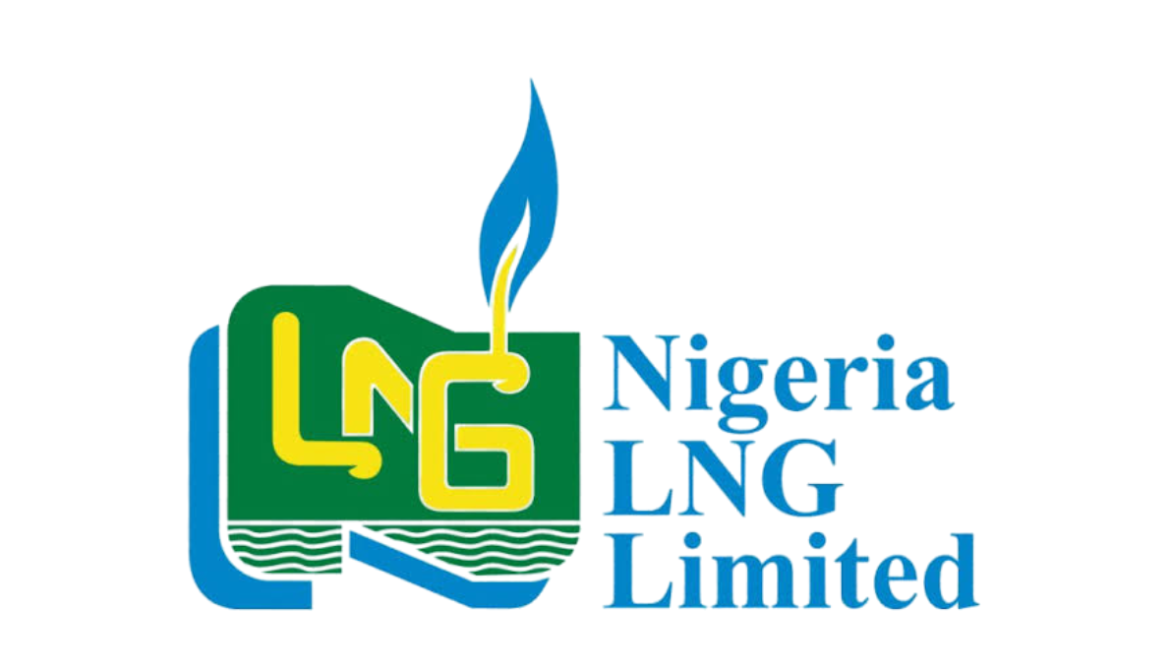KEY POINTS
- Africa holds about 850 trillion cubic feet of gas reserves, representing six per cent of global supply.
- Nigeria’s Train 7 expansion will raise NLNG capacity from 22 to 30 million tonnes per annum.
- NLNG projects Africa’s LNG output could rise to 120 million tonnes per annum by 2035.
Nigeria LNG Limited, NLNG, has urged African countries to seize control of their collective energy future by becoming key players in the global liquefied natural gas, LNG, market rather than remaining exporters of raw materials.
Speaking at the Africa Energy Week in South Africa, NLNG’s Deputy Managing Director, Olakunle Osobu, said Africa must position itself as a decisive force in shaping global energy debates around security, affordability and sustainability.
“Africa is not a bystander in this conversation on energy security, affordability and sustainability. Africa is a rising pillar of global supply, and Nigeria has a duty to lead,” Osobu stated in remarks released by NLNG’s General Manager for External Relations and Sustainable Development, Sophia Horsfall.
With an estimated 850 trillion cubic feet of natural gas reserves, roughly six per cent of the world’s total, Osobu noted that the continent has both the capacity and ambition to double its share of global LNG trade within a decade.
Nigeria’s Expansion Anchors Continental Growth
Citing Nigeria’s long-standing role as a pioneer in LNG development, Osobu highlighted the Train 7 expansion project, which is set to boost NLNG’s production capacity from 22 million tonnes per annum to 30 million tonnes.
“Our investment in expansion shows that Nigeria is driving LNG growth not only for exports but also for domestic industries and energy access. We must prove that Africa can deliver LNG that is secure, competitive and sustainable,” he said.
Osobu also projected that new LNG frontiers emerging across Africa could contribute an additional 45 million tonnes per annum of supply by 2035, potentially lifting the continent’s total output from 70 million to 120 million tonnes per annum. Such growth, he added, would consolidate Africa’s position as a central hub for global LNG trade.
While Africa enjoys geographical advantages, including shorter shipping distances to both Europe and Asia, Osobu cautioned that the path ahead would not be without hurdles.
He pointed out that competition from the United States and Qatar, both expanding their LNG capacities, as well as stricter financing conditions from global investors who increasingly favour low-carbon projects, could challenge Africa’s ambitions.
Osobu emphasised that Africa’s LNG expansion must not only aim to meet global demand but also serve as a catalyst for industrialisation across the continent.
“Africa’s LNG journey must strike a balance by supplying the world reliably, catalysing African industrialisation, and demonstrating sustainability in line with global decarbonisation goals,” he said.



